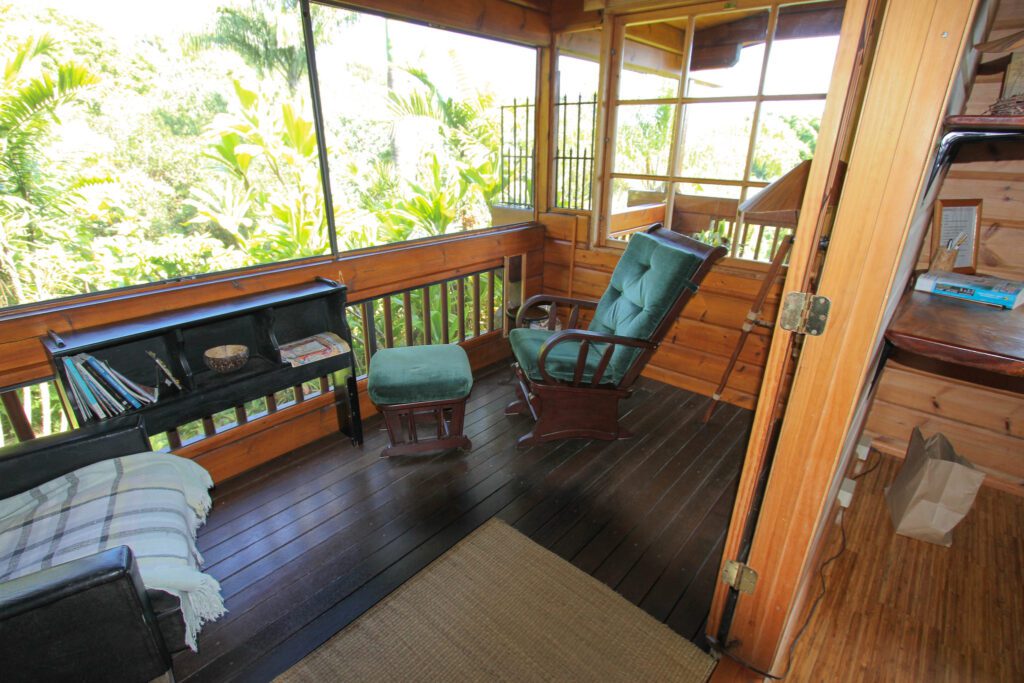The implementation of New York City’s host registration law last month has enabled one landlord to win a temporary restraining order against both Airbnb and a host from listing a short-term rental in an Upper West Side apartment building that put itself on the Office of Special Enforcement’s banned building list.

An NYC home that was listed on Airbnb years ago. Source: Flickr.com/Pietro and Sylvia https://tinyurl.com/mur8ukak
The Rosenberg & Estis law firm, which represents property manager Canvas Property Group for the building owner, characterized the temporary restraining order it obtained last month as “a precedent-setting victory.”
The two sides are slated to face off over making the temporary restraining order permanent in a New York state court in late October. The plaintiff sued Airbnb and the host, who the law firm stated never lived in the 3-bedroom Columbus Avenue apartment, for damages.
The Real Deal first reported the existence of the lawsuit, adding that a second landlord filed suit, as well.
As of late August, more than 10,000 buildings had applied to the city to be put on a list of buildings where tenants would be barred from offering their apartments as short-term rentals, and major platforms such as Airbnb, Booking.com and Vrbo would be prohibited from displaying them.
Although Airbnb and the city have been at loggerheads for years over New York’s regulations, which ban the bulk of properties that were formerly listed, Airbnb and the city are believed to be now working together on the implementation of the registration law. Airbnb counts on the city’s verification system to flag illegal listings, including those from hosts in buildings where they are barred.
Airbnb had no comment on the lawsuits on Saturday.
